Welcome
I started this blog in 2013 to share my reflections on reading, writing and psychology, along with my journey to become a published novelist. I soon graduated to about twenty book reviews a month and a weekly 99-word story. Ten years later, I've transferred my writing / publication updates to my new website but will continue here with occasional reviews and flash fiction pieces, and maybe the odd personal post.
|
I’ve recently read two very different novels in which traumatised mothers suffer a second blow in being distanced from both their children, albeit the separation is for very good reasons. The first is a translation set against the backdrop of the Rwandan genocide. The tragedy in the second is less widespread, restricted to one particular family, but nevertheless extremely painful for those concerned. Read on to discover how these books are about so much more.
9 Comments
I’ve linked these two very different novels via the theme of compromised freedom, partly because that’s how I feel myself right now. In the first, an elderly widow frees herself from pity by casting a stranger as her grandson but fears being found out. In the second, women are magically freed from misogyny at a cost of losing the men and boys they love.
Here are two books featuring different kinds of caring: the first a translated memoir about a healthcare professional who looks after people’s minds along with their feet; the second a novel about an actor who opens his home to his struggling father and to his childhood friend.
Let me present two chunky novels, both published in the UK on 3rd February, about which I had some reservations but came to love. Despite a decade’s difference in age between the novels’ protagonists, both are coming-of-age stories in which an unexpected kind of love – or unconventional for their particular communities – teaches these young women about family, ambition, identity and themselves.
We can choose our friends but not our neighbours, unless we happen to own a plot of land with cottages to rent or offer free to selected guests. In which case we should choose carefully: in a crisis, out in the countryside, we might have to rely on our neighbours more than we’d expect. But as renters and guests we might not have a say in the matter, as these two novels highlight. The first is about a woman unsettled by the folk beliefs of her neighbours in rural Scotland; the second about a temporarily covid-free community in upstate New York.
These very different novels are both about young men detained in strange settings: the first a psychiatric ward; the second a labyrinth. Steven, in the first, is a reluctant captive who needs to learn the value of where he’s landed in order to leave. Piranesi, in the second, seems perfectly adapted to his environment, but he needs to discover the dark side to become his full self.
I’m sharing my reflections on two books I read recently, which I enjoyed despite not being my usual reads. I bought them because they relate to my interest in mental health issues, but there must have been more than that. Both are based on true stories - the second is actually creative non-fiction - about the author’s friendship with someone who has a psychiatric diagnosis and has been subjected to a care system that is often uncaring. Like my latest novel, Matilda Windsor Is Coming Home, they celebrate marginalised lives.
Well, what do you know? I can’t recall when I last read a novel featuring a kidnapping, and then two come along at once, both published (in the UK at least) on the same day (May 6). It’s worth noting, however, that I wouldn’t have flagged them as kidnap stories if I were posting these reviews individually. But it does distinguish them from the many other novels I might read about friendship and women’s lives from childhood to middle age. The first is set in the USA and the second in Nigeria and, if either sounds like your kind of story, don’t hesitate to get yourself a copy.
What’s the impact of inequality and injustice on friendship? These two London-set novels might go some way to helping us understand. In the first, two women unite to claim a degree of personhood and agency within the culture of misogyny in the court of James I; in the second, a young Black man struggles to maintain a loving relationship within a contemporary climate of institutional racism.
These two recent reads bring touches of humour to the serious extraordinariness of ordinary cohabiting relationships, and the impact on the couple of friendships and obsessions outside the partnership. The first features a thirty-something lesbian twosome in London (with one of the partners making frequent visits to Paris). The second focuses on a heterosexual marriage of some duration, the couple having moved to Bath on retirement.
Just as colours look different to the eye depending on the hues surrounding them, stories read differently according to the arrangement on our mental shelves. When I read it almost two months ago, I didn’t tag the first under the theme of conformity to community mores; when I drafted my review of the second, narrated in a collective voice, the story flipped in my head into one of the conflict between the drive to belong and the fear of being engulfed. Admittedly, this pairing stems also from a niggling guilt at the widening gap between receiving my copy and posting my review. Read on, and let me know whether or not you think they fit.
These two novels about female friends from two different cultures and at different stages of their lives expose the power imbalance between even privileged and highly educated women and the men in their lives. The first is a thoughtful novel about middle-aged women in London; the second a lighter story about young adults in Saudi Arabia.
The titles themselves are reason enough to pair these recently published American novels. What I didn’t expect when I picked them from my TBR shelf is that they’d both feature the painful shock, especially among women, of Donald Trump’s election to president. The first zooms in on alienation, perceived inadequacy and a painful discovery of one’s own propensity to violence. The second forefronts the anxiety engendered by the climate crisis and rampant capitalism. I wonder if either of these authors is considering a sequel about their characters’ relationships with the coronavirus pandemic!
I’ve recently read two novels in translation featuring a homecoming to troubled parts of the world. The first is about the son of a Colombian drug baron; the second about three friends in a divided Korea. Both are firmly grounded in those countries’ painful histories; the violence and anxious atmosphere makes me grateful I’ve only the coronavirus pandemic to worry about.
My two most recent reads are of novels that map cultural changes within two very different communities. The first is set in rural Ireland during the BSE crisis at the end of the twenty-first century, as more and more people turn their backs on a traditional form of butchering. The second starts and finishes in the two decades before the first begins, in the community of recent migrants to the UK from Bangladesh. While both include scenes of violence, the second is overall a cosy story of adaptation and resilience, while the first is a literary novel of linguistic and psychological depth.
Both of these novels defy easy classification, but I’ve chosen to pair them for their themes of the legacy of slavery, or the way in which owning another person demeans us all. In the first, we follow a young man, marked by his unusual appearance, from babyhood in Jamaica shortly before independence to England and back. The second is a translated Argentinian dystopian novel about cannibalism. In both novels, a character, or characters, withhold or are denied their voice.
Two novels, written and published almost a century apart, about adolescent boys moonstruck by a slightly older teenager. You don’t have to share the narrators’ fascination to enjoy the novels, although it would probably help! The happenstance of coordinating covers suggests to me the novels are thematically well matched.
While very different in style and focus, both these recently-published novels send women on road trips to learn about their individual identities within the context of contemporary Britain. In the first, three Scottish Muslim women with origins in the Arab world leave the city for a lochside holiday where they meet a talking hoopoe. In the second, a Londoner travels with her partner across Europe in a campervan encountering figures from the political and artistic past.
I’m here to introduce two novels about girls who become fixated on another girl in childhood and pick up the relationship again as young adults. In the first, set in Vietnam and the USA, the main focus is on the friendship in childhood; in the second, set in New York, the adult obsession is in the foreground. In both books, the main character has a problematic relationship with her mother: in the first, the mother is painfully distant; in the second, mother and daughter are initially enmeshed.
I can recommend both of these novels about women whose lives are entangled with that of one man. In the first, three Australian friends are stalked by an unpleasant character when they embark on a long-distance walk. In the second, three Nigerian women have managed their common husband successfully, until he introduces a fourth wife into their home.
There seems to be a chain of connections between my reviews so far this month; either of these novels, but especially the first, could have been paired At Dusk. Although the school friends in Ponti aren’t reunited until late in the novel while, in Falling Leaves it’s towards the beginning and after a gap of only seven years, the resonance is perhaps equally strong. And, no, they didn’t make contact through a now-defunct social media site, nor at a school reunion, but you’ll have to read on to find out how.
These two novels translated from Italian couldn’t be more different: a pastoral coming-of-age story in the Italian Alps follows a twisty-turny political thriller in modern-day Rome. Yet together they build a picture of contemporary Italy amid the ruins of the past.
I sometimes wonder if the link between books is too tenuous to pair the reviews; less often, I worry they might be too alike. These two new novels about curmudgeonly widowers reluctantly rubbing shoulders with other retirees in what feels to them like death’s waiting room seemed to belong to the latter category: second novels about men at odds with their grown-up daughters finding a kind of redemption when an unlikely friend intrudes upon their private space. Both have hints of humour and a quietly political backdrop of past injustice but, despite the surface similarities, once I was lost in the pages I realised that no two novels are ever the same.
|
entertaining fiction about identity, mental health and social justice
Annecdotal is where real life brushes up against the fictional.
Annecdotist is the blogging persona of Anne Goodwin:
reader, writer, slug-slayer, tramper of moors, recovering psychologist, struggling soprano, author of three fiction books. LATEST POSTS HERE
I don't post to a schedule, but average around ten reviews a month (see here for an alphabetical list), some linked to a weekly flash fiction, plus posts on my WIPs and published books. Your comments are welcome any time any where. Get new posts direct to your inbox ...
or click here …
Popular posts
Categories/Tags
All
Archives
March 2024
BLOGGING COMMUNITIES
|
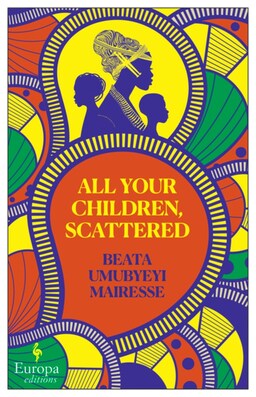
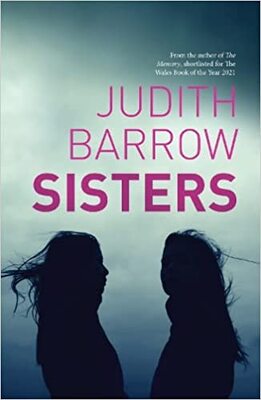
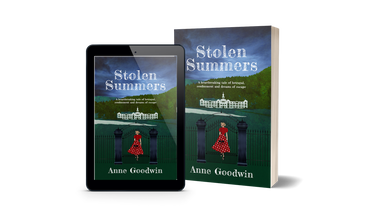
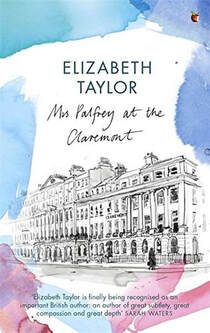
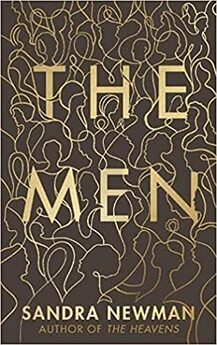
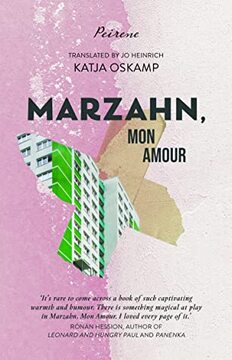
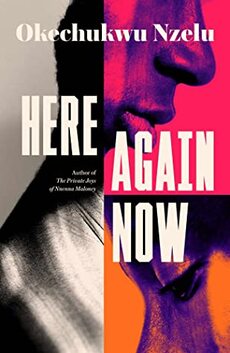
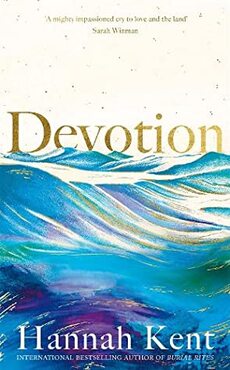
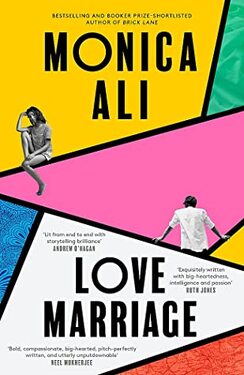
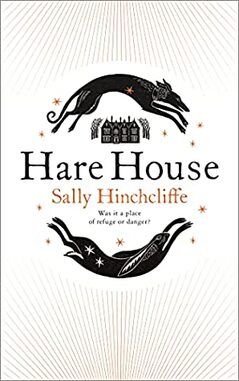
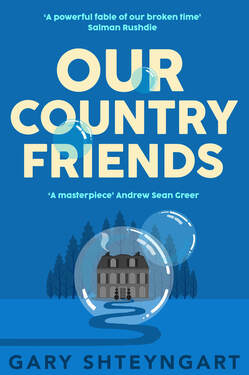
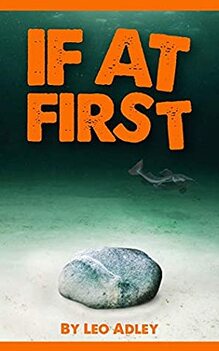
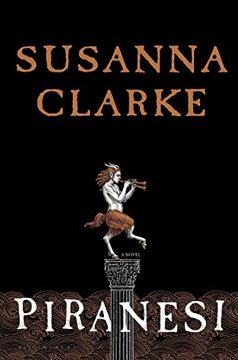
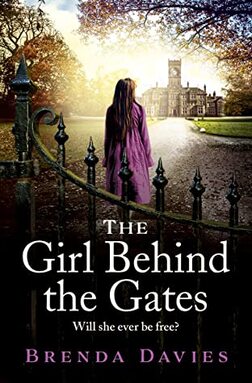
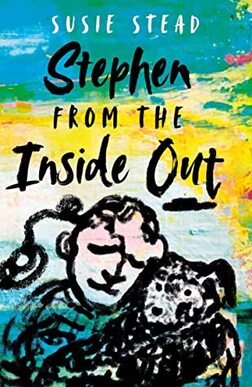
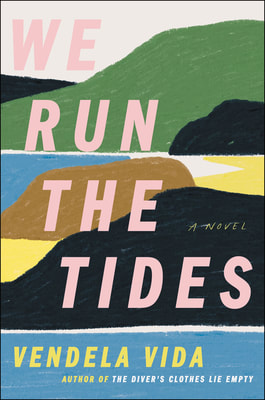
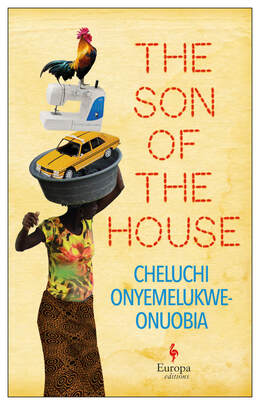
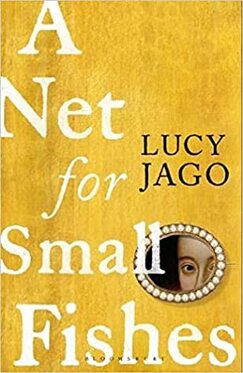
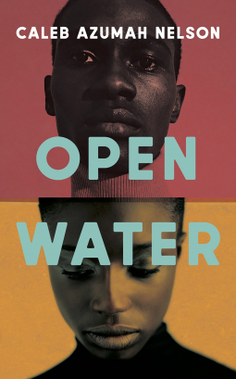
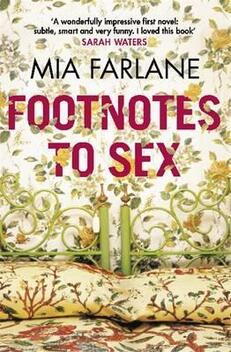
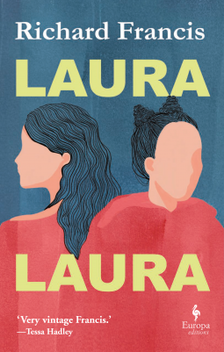

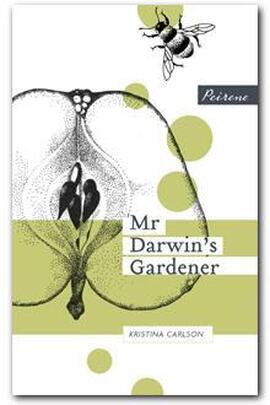
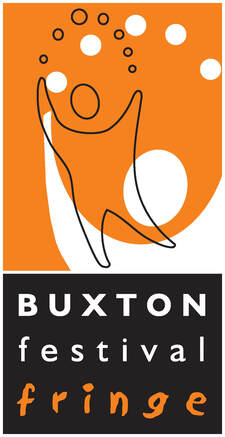
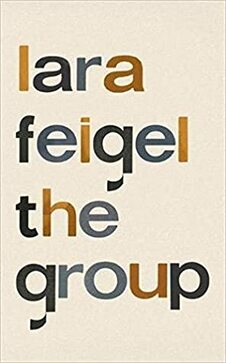
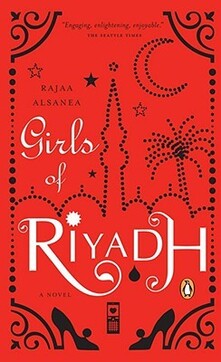
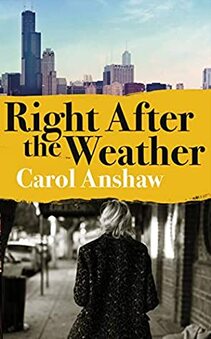
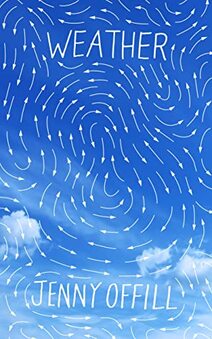
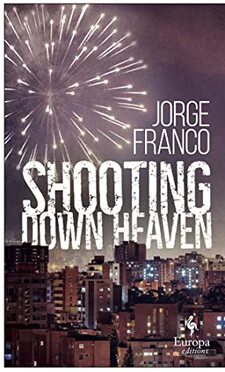
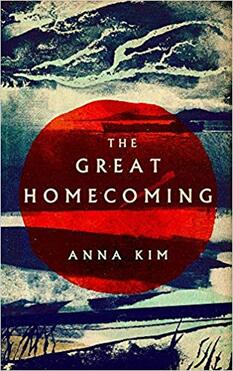
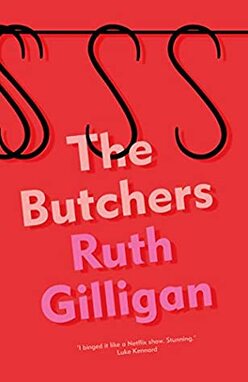
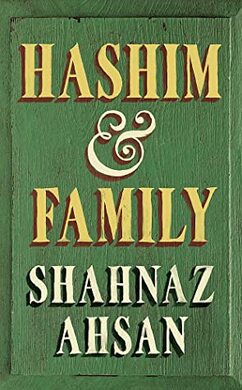
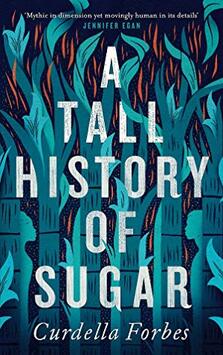
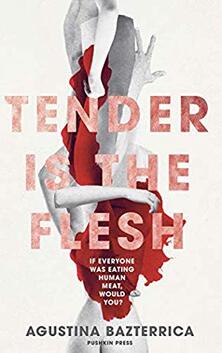
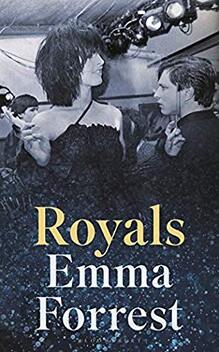
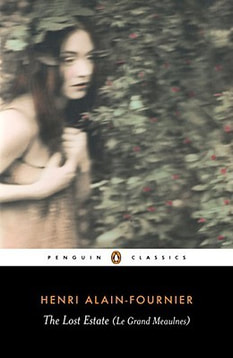
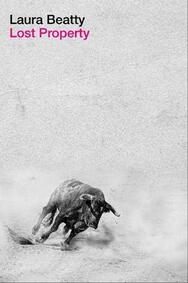
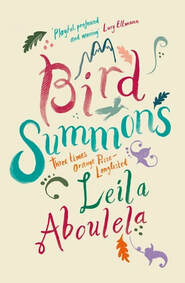
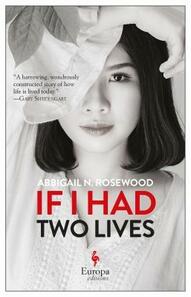
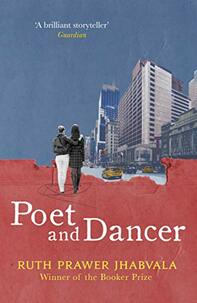
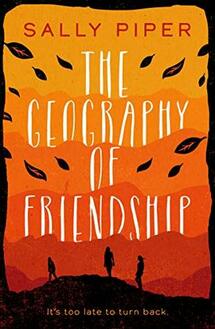
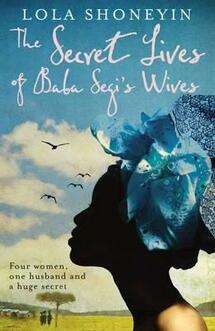
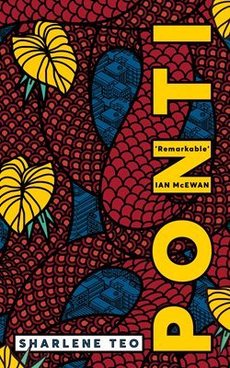
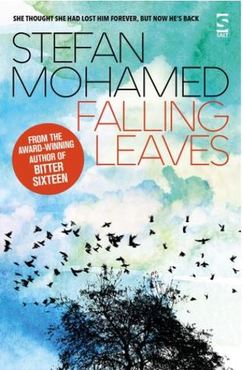

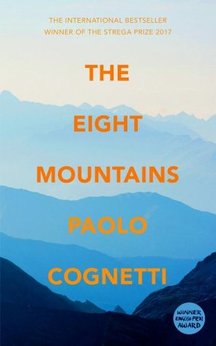
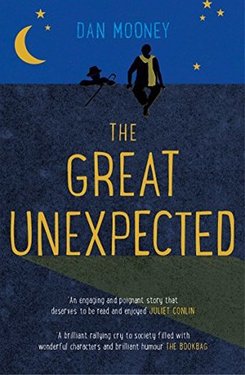
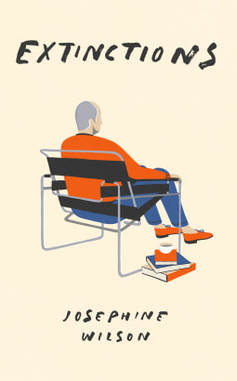





















 RSS Feed
RSS Feed





















